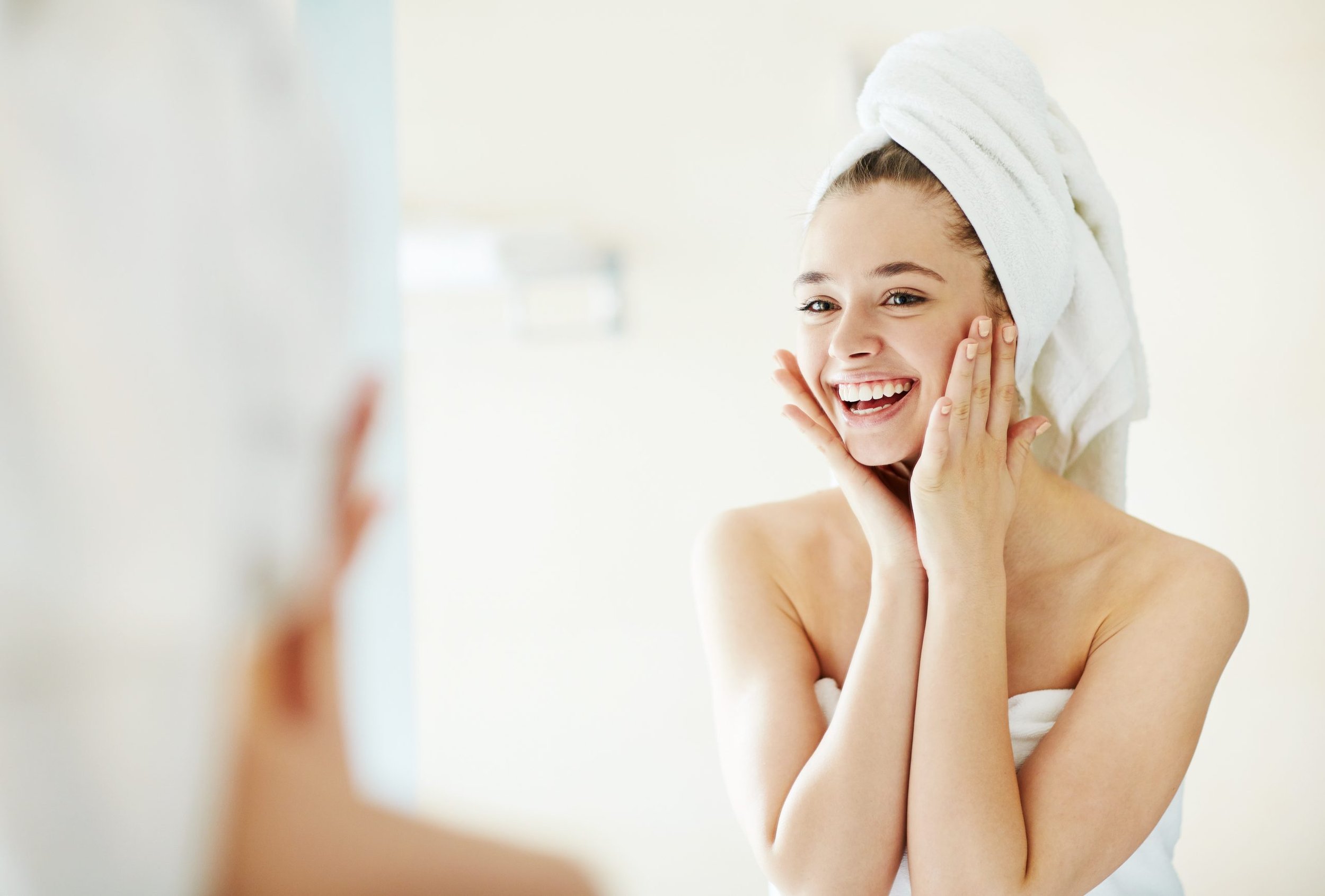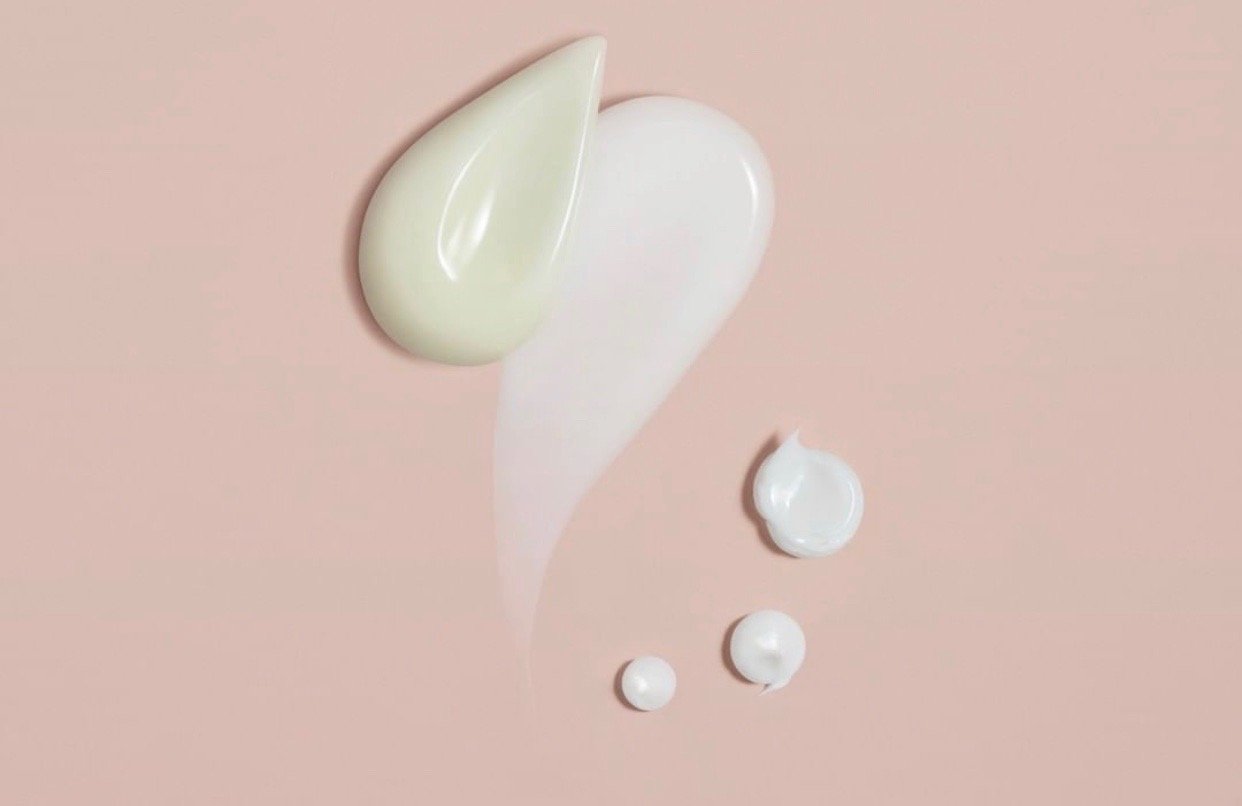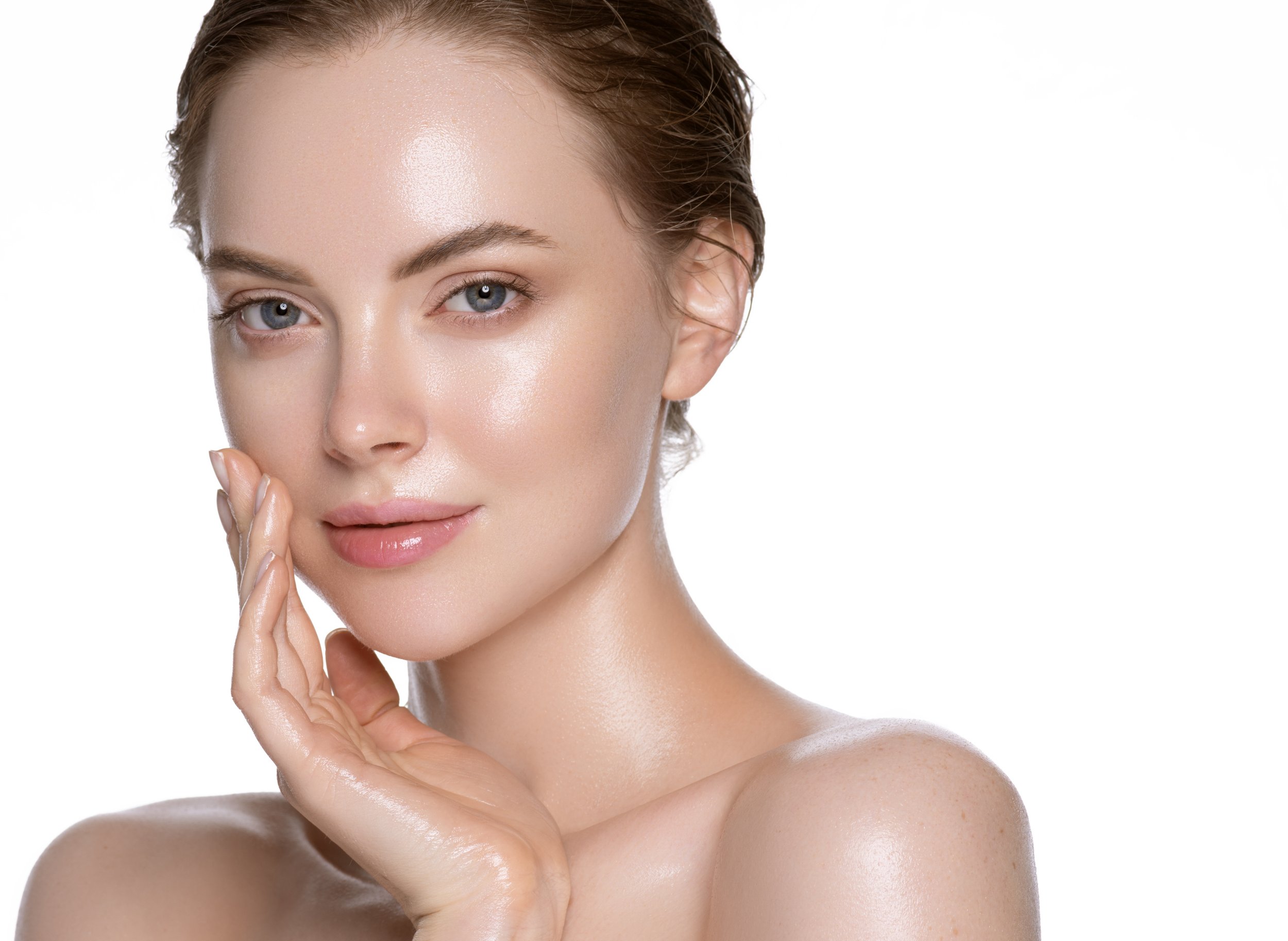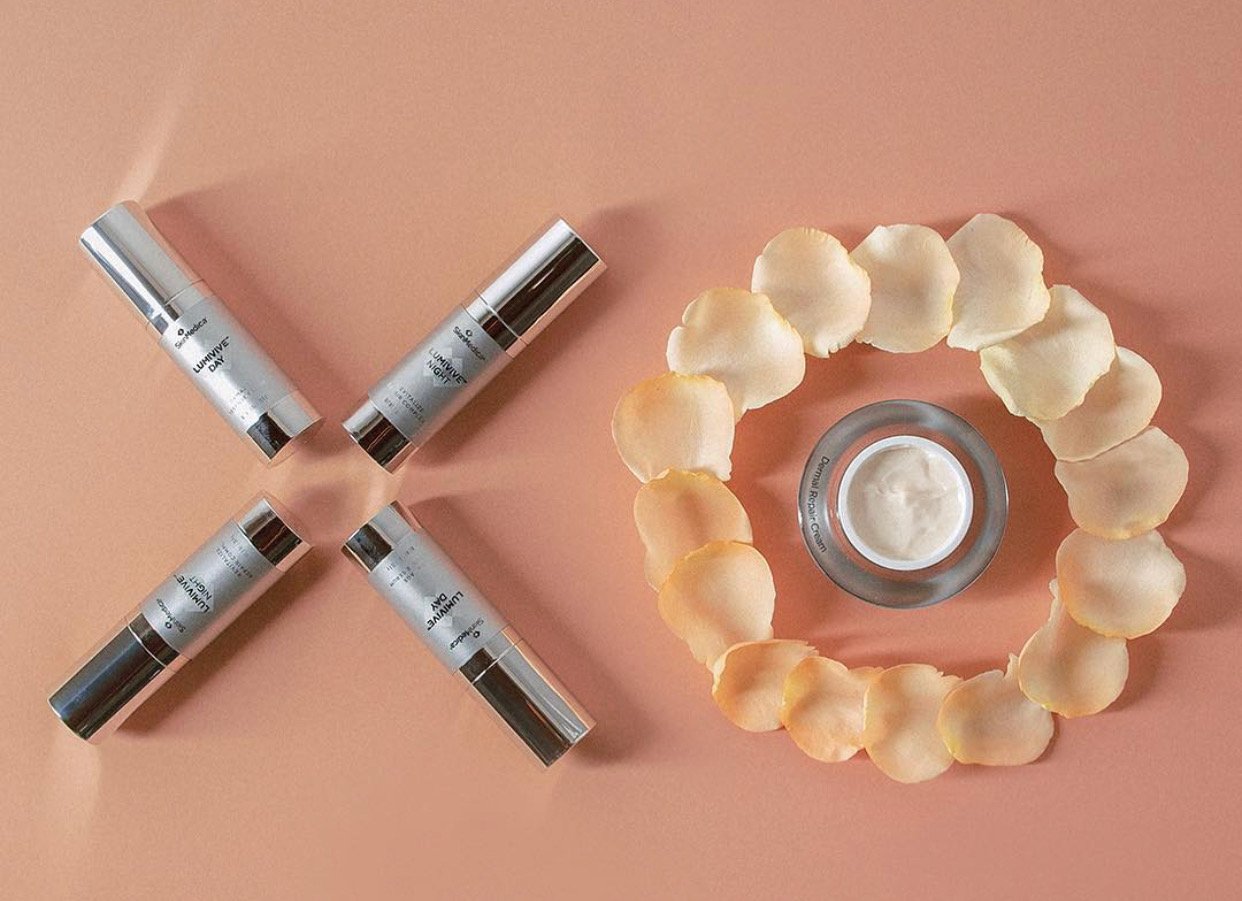6 Skincare Habits You Should Be Doing In Your Twenties
As someone not in their early to mid-twenties, I’m spending more time correcting than preventing. Here are some things that can be overlooked, and steps you should be incorporating to maintain your skin health.
Although it’s tempting to believe your skin will stay exactly as it is now, it won’t. It will likely show signs of aging soon if it hasn’t begun to already. Of course, there’s nothing wrong with wrinkles and signs you’ve lived your life to the fullest, but if you’re someone who wants to keep their skin in the condition it’s in or better for as long as possible, your twenties are the time to lay down the groundwork.
Women in their twenties are in the sweet spot of skincare. They’re past their acne-filled teenage years and have years to go before the negative signs of photoaging start kicking in.
According to the Canadian Dermatology Association, photoaging is defined as, ‘Premature aging of the skin’ caused by repeated exposure to ultraviolet radiation (UV) primarily from the sun, but also from artificial UV sources. Yes, even your phone! Photo-aging can affect anyone. So here are some skincare habits to start ASAP, preferably before 30.
1. Start A Simple Skin Care Routine
A simple skincare routine is all a woman in her twenties needs. Start with a gentle cleanser. For moisturizing, a light moisturizer with antioxidants will help prevent free radical damage. Easy!
2. Protect Your Skin With Daily SPF
Yes, we are drilled with this all the time but it’s for good reason! And, just because your foundation has it in there, it’s not enough to protect. Also, it’s important to know that some of your favorite skincare products create solar sensitivity- so without SPF, that favorite serum you’re loving may be doing harm. The SUN ages you!
As women approach the age of 30, they begin to see the effects of sun damage. Uneven skin tone, age spots, and hyperpigmentation become visible on the surface of the skin. While the sun can be a factor, so are culprits like hormone imbalances, birth control pills, and the over-use of exfoliation.
3. Use The Correct Vitamin A Cream For Your Skin Type
Vitamin A creams are great to maintain your youthful appearance as long as possible. There are three ‘grades’ of Vitamin A creams. Don’t worry, if you’re unsure, we are here to help!
There are retinyl palmitate creams, retinol creams, and tretinoin (Retin-A) creams.
Normal, Dry & Combo Skin: Should use a retinyl palmitate cream. It is great for sensitive skin which means you can use it every day year-round.
Oily Skin: Bump it up to a retinol cream. Retinol is a little stronger than retinyl palmitate, which means it’s more likely to irritate and dry out your skin. This shouldn’t be a problem for women with oily skin types, but if you notice irritation, switch to or alternate use with a retinyl palmitate product.
Persistent acne Skin: Consider using tretinoin (Retin-A). It’s much stronger than retinol and retinyl palmitate, but it will help with acne and wrinkle concerns. Tretinoin is too strong for the average woman to use as a cosmetic treatment. However, for those with persistent acne, it’s a huge hit.
When it comes to Vitamin A skincare products, you may know, tretinoin is only by prescription so you won’t see it in drugstores.
4. Begin A Serum Containing Hyaluronic Acid
Use serums containing Hyaluronic Acid under your moisturizer. Remember, in your routine use your products thinnest to thickest. If you use oil, use that last. Your skin produces Hyaluronic Acid to give skin its water absorption ability and gives skin its suppleness. Hyaluronic Acid actually doesn’t contain water – it’s a water magnet. So be sure you’re applying on a damp face. Or mist your face with a spray or water. Applying on dry skin, H.A will pull water from your deeper layers, making you drier!
Apply a Hyaluronic Acid product under your day cream to prevent trans-epidermal water loss and to help protect your skin from daily pollutants.
5. Chemical Peels Hydrafacials & Laser Treatments Can Help Photo-damaged Skin Or Acne
As far as mini procedures are concerned, mild chemical peels and laser treatments can help. We wouldn’t typically recommend and IPL aka Photofacial or a medium to deep peel if you’re not dealing with acne Or hyperpigmentation. These treatments are usually more about repair of sun damage than about prevention. Lastly, A Hydrafacial is a great way to prevent acne, debris, cleanse, and hydrate. A universal facial for even young teens. Getting this done on a regular basis will make a great impact. If it’s not in your budget, do them when the season changes. If you can only do it once a year, do it in the fall – this will get all the gunk out from summer activities and prep/hydrate your skin for winter. For more savings, check out our level 1 or 2 skincare club for additional savings. That’s 6 of these treatments for the year!
Keeping things simple… clean & hydrated skin are your two best friends – and that’s exactly what The Hydrafacial does.
6. Use A Vitamin C Cream Before Bed
Apply a good Vitamin C Cream at night, at least four times a week. Vitamin C is needed by the skin for cell repair, capillary strength, and plays a big role in skin’s collagen. Also, this best skin brightener cream contains a powerhouse of natural plant Vitamin C’s for dramatic effects while you sleep. Yes, please!
Don’t panic if you’re already on the other side of 30. Vitamin C is essential for skin health. But, if you’re still in your twenties, put these habits into practice. Give your skin the best chance of staying in great condition as you get older!
Skincare can be intimidating, there’s so much out there. Many don’t understand what the ingredients on the back of the bottle does, let alone being able to pronounce some of them. Don’t let this discourage you. All of us at Joules Medspa are happy to guide you along with the right products for your skin with a complimentary skin consult.
See our blog on the most loved products!
For booking you can call us at 952-432-0404 or text us at the same number, online booking is also available. We also have skin specialists to answer some of your more basic questions on our social platforms – keep in mind, without seeing your skin, we won’t be able to give the best recommendation.




